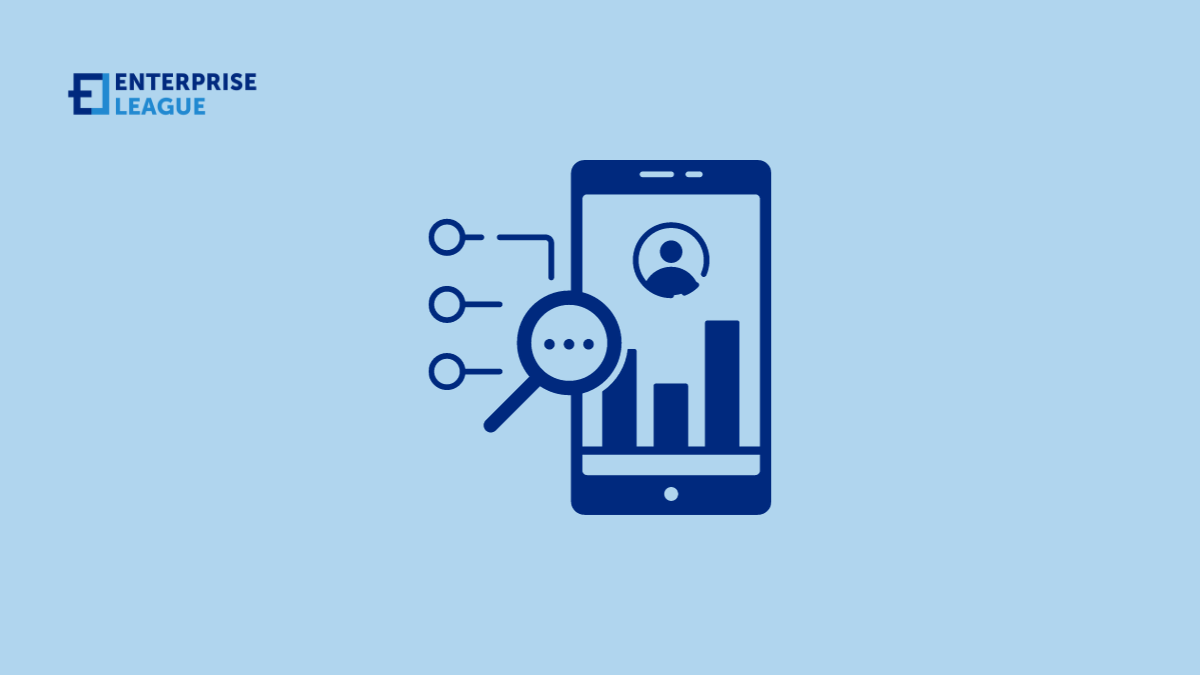Technology has introduced tools to improve efficiency and security in the workplace. One such tool is employee monitoring software. But as with all tools, its use comes with ethical implications. Is it moral to track your employees? And if so, how can it be done ethically?
The ethical dilemma of employee monitoring
While companies aim to prevent data breaches, should they observe an employee’s online actions? Where is the line drawn between ensuring security and invading privacy?
Ethical employee monitoring practices
Entrepreneurs aiming to balance ethics and security should consider following these practices:
Open communication
Before implementing any monitoring tool, communicate with your employees. Explain the reasons behind the decision and how it will be used.
In any business setting, transparency is vital. Clarify the methods and reasons for surveillance and discuss these measures with employees. It builds trust and helps them understand the need for such actions.
Such transparency can ease many concerns employees have. Moreover, mutual understanding leads to a more harmonious workplace where all parties feel respected and valued.
Limited monitoring
It’s essential to focus on what truly matters. Instead of monitoring every single online action of an employee, concentrate on the essentials.
If you’re concerned about data breaches, keeping an eye on data access points is more effective. This way, you ensure security without overwhelming or intruding on your employees.
If phishing attacks keep targeting your employees, organizing training sessions or workshops to explain and teach them to recognize the threats can be more practical. This approach informs employees and involves them in the company’s security measures.
Moreover, select tools that protect security without crossing any boundaries.
Anonymized data
If you go through with monitoring, anonymize the data collected. It helps spot general work issues without tracing the actions back to a specific employee.
Regular policy reviews
Monitoring tools and practices are constantly evolving. Review and update your policies to ensure they remain ethical and relevant.
Web content filtering
Web content filtering is less about monitoring and more about prevention. It’s a proactive approach that can be communicated to employees as a security measure rather than a surveillance tool. It can help foster trust and understanding between employers and employees.
Of course, content filtering can also cause backslash if you use it to an extreme. Blocking every social media site and YouTube won’t be accepted as a security measure, so it should be clear to everyone why you filter specific content.
Conclusion
More must-read stories from Enterprise League:
- Learn about all the tips and apps you need to successfully manage a remote team.
- The relevance of print marketing and how to make it work for your business.
- What’s the secret to running successful cold email campaigns?
- Aspects that show the importance of cross-cultural communication in the workplace.
Related Articles
What’s the Best Luxury Powerboat Company? Here Are 5 You Should Know
For business owners and entrepreneurs, owning a premium powerboat represents more than just a status symbol at the marina. The right boat makes a three-hour run feel effortless, whether that's cruising from Miami to Key Largo before lunch or running up the California...
Who Offers Free Roofing Estimates? 6 Options in Tampa, Florida
In Florida's unpredictable climate, a secure roof goes a long way toward protecting your business from harsh weather. Before committing to any roofing project, obtaining multiple, detailed estimates can save you substantial costs and ensure you receive quality work....
How Thoughtful Home Design Supports Better Work and Living
The lines between home and office have blurred. More professionals than ever are working from their dining tables, spare bedrooms, and kitchen counters. As remote and hybrid work become standard practice, the way we design our homes has taken on new importance. A...
What’s the Best Luxury Powerboat Company? Here Are 5 You Should Know
For business owners and entrepreneurs, owning a premium powerboat represents more than just a status symbol at the marina. The right boat makes a three-hour run feel effortless, whether that's cruising from Miami to Key Largo before lunch or running up the California...
Who Offers Free Roofing Estimates? 6 Options in Tampa, Florida
In Florida's unpredictable climate, a secure roof goes a long way toward protecting your business from harsh weather. Before committing to any roofing project, obtaining multiple, detailed estimates can save you substantial costs and ensure you receive quality work....






